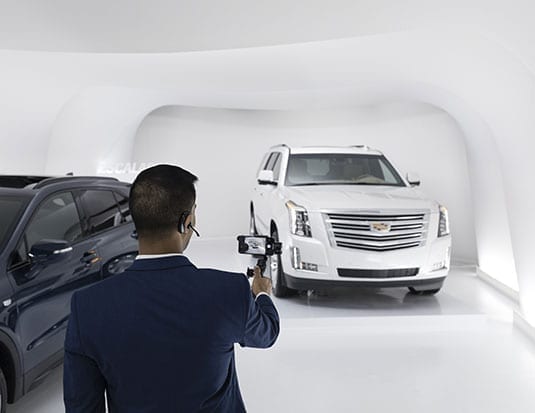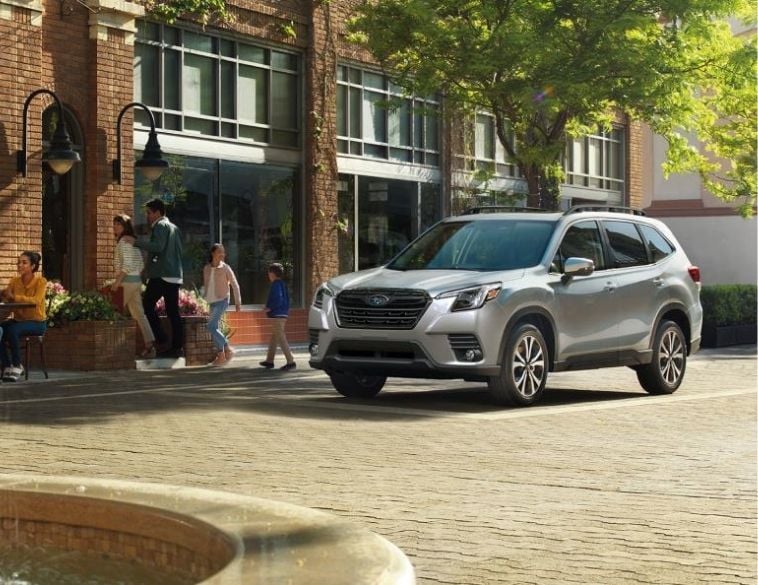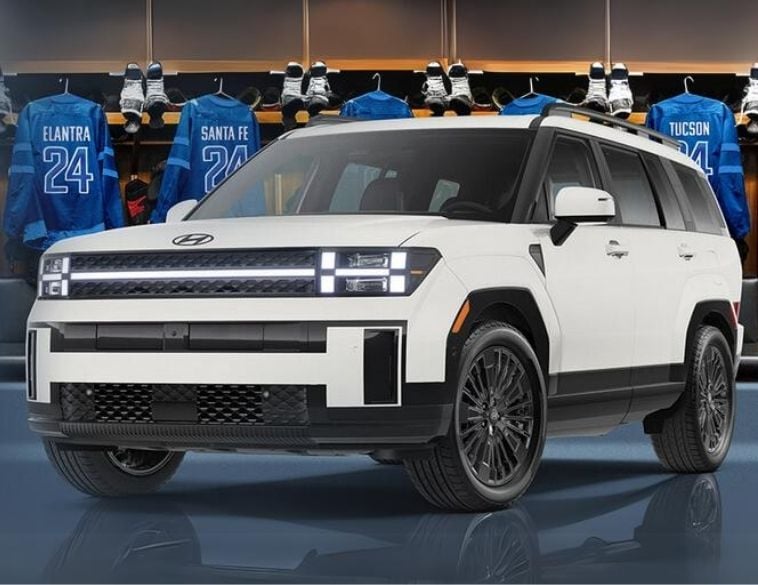The latest Canadian Black Book report paints a clear picture of what car buyers see as priorities in 2019.
Young adults in the 18 to 34 age group are very open to online vehicle purchasing and the use of ride-sharing services for their transportation needs.
These conclusions were drawn from the latest Canadian Black Book annual report about consumer buying habits and behaviour for which Ipsos interviewed 1,061 Canadian vehicle owners, lessees, and future buyers.
Changing vehicle ownership attitudes
Other interesting findings include the fact that among those surveyed, the proportion of those who either own or lease vehicles varies from 77% for those 55 and older, to 69% for the 35 to 54 age group, before dipping to a low of 48% for young adults aged 18 to 34.
Furthermore, only 47% of the survey respondents were planning to purchase a vehicle over the next 24 months, a drop of 4% versus last year’s survey. Middle-aged buyers, along with those in the young adult group, were those who were most likely to purchase a vehicle in the next two years.
Canadian Black Book attributes part of this decline in buying intentions to the growth of ride-sharing services, which are used by 12% of the total survey respondents and 27% of the 18- to 34-year-olds.
However, only 20% of those surveyed are planning to reduce the number of total vehicles in their household, a proportion that jumps to 35% for those in the youngest generation surveyed.
Most likely resulting from the fact that those in the 55-plus age group own more vehicles (65%), they are also among those with the highest rate of usage of online tools to evaluate trade-in vehicle values. When trading in their vehicles to dealerships, only 21% of young buyers have a “fair idea” of their vehicle’s value.
Green machines
If gasoline prices were to rise by $0.25, men (58%) would be more likely to consider switching to vehicles using alternative energy sources, in comparison to only 38% of women who said they would consider a greener option.
The likelihood of being open to the concept of green vehicle technology is highest in the younger age group. The number of 18- to 34-year-olds likely to go green is 58%, while the 35 to 54 group is lower at 48%, and at 40%, those 55 and over are least likely to do so.
New vs. used
Revenue and education levels also weigh into the decision to purchase either a new or pre-owned vehicle. CBB estimates that 65% of university-educated respondents, as well as those with annual household incomes over $100,000, are new-vehicle buyers.
Conversely, only 36% of households with annual incomes under $40,000 plan to purchase a new vehicle. Gender wise, men (60%) are more likely to be tempted than women (52%) by the idea of driving a newly minted vehicle.
Online purchasing
When asked if they would be open to the idea of using an online vehicle purchasing process without any dealership intervention, three out of ten (29%) would most likely do so, with men (36%) more inclined to consider this option than women (25%). As for young buyers, who’ve never known an era without computer technology, unsurprisingly, they would be most likely to complete the entire transaction online (43%). This is also true for households with children (40%).
As the popularity of online purchasing continues to grow, chances are that Cadillac Live, the new virtual showroom for the luxury brand’s Canadian customers, will prove popular for a significant portion of buyers. Launched in March, this initiative offers the possibility of real-time interactions with an actual salesperson, wherever the customer may be.
To make this happen, Cadillac transformed a 930 m2 movie studio into an online showroom in Toronto. Live online sessions are open from 6:00 p.m. to 2:00 a.m., Sunday to Thursday. Cadillac reports that according to the latest Google data, twice as many buyers begin their buying process online instead of visiting dealership showrooms. On the flip side, 55% of buyers will abandon the idea of purchasing a vehicle online if they fail to find a quick answer to any questions they may have, with 74% of customers most likely to switch brands if they feel the online purchasing option is too complicated.
Cadillac is convinced that its new platform is what today’s consumers are looking for—convenience and accessibility, combined with a high level of personalization.



